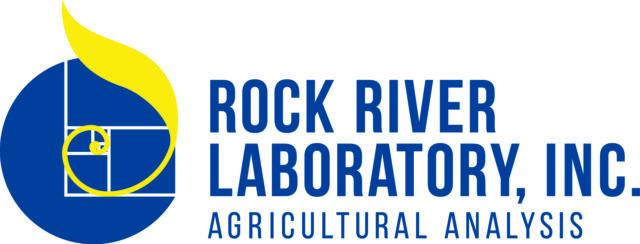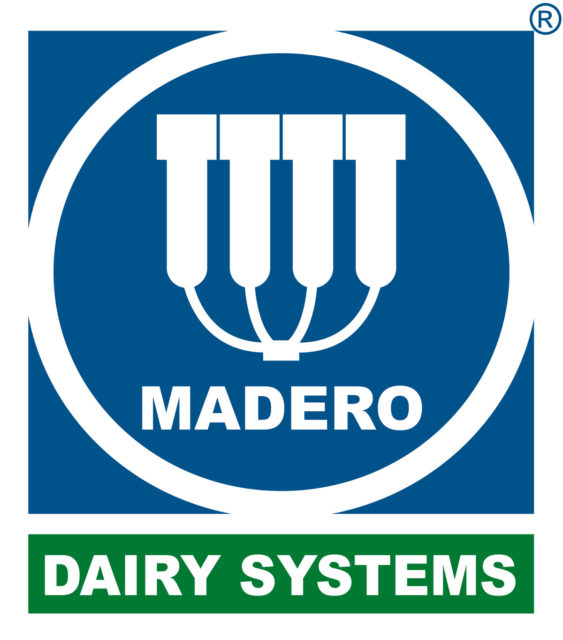The following statements were made in testimony before the U.S. House of Representatives Committee on Agriculture, and are concerning the American Clean Energy and Security Act of 2009.
“We remain very concerned about the broad potential of adverse impacts of cap-and-trade on agriculture. Even though some say agriculture will benefit, that will depend to a great degree on where the producer is located, what he or she grows, and how his or her business model can take advantage of any provisions in the legislation. Not every dairy farmer can afford to capture methane – it is a capital-intensive endeavor. Not every farmer lives in a region where wind turbines are an option. Not every farmer can take advantage of no-till. Not every farmer has the land to set aside to plant trees.
“Yet, every farmer has production costs to meet. Nearly all of us rely on fertilizer. We all drive tractors. We know our costs will rise. And frankly, we are very concerned about the impact of this legislation on our livelihood.”
Bob Stallman
President, American Farm Bureau Federation, Washington, D.C.
“[The National Farmers Union] NFU strongly believes that the agriculture and forestry sectors should not be subject to an emissions cap as they are too small and diffuse to be directly regulated. According to analysis completed by USDA and EPA in 2005, the two million U.S. farms and ranches emit minor quantities of GHG emissions, approximately seven percent of all U.S. emissions. Establishing a regulatory scheme to capture emissions from each of these two million farms would be extremely costly and burdensome and would likely fail to yield significant GHG emission reductions. Currently, EPA estimates that carbon sequestration by forests and agricultural lands offsets approximately 12 percent of annual GHG emissions with the capacity to offset 20 percent of GHG emissions from all sectors of the economy. A flexible offset program with appropriate financial incentives will accelerate sequestration practices under a cap-and-trade system. Carbon sequestration projects on agricultural and forestry lands are the easiest and most readily available means of reducing GHG emissions on a meaningful and expedited scale.”
Roger Johnson
President, National Farmers Union, Washington, D.C.
“Congressional enactment will make a significant statement to other countries around the world as to the seriousness of America’s commitment to tackle this global problem. And, I believe it is critical that we engage the participation of farmers, ranchers and forest landowners so that they can both contribute to and potentially profit from efforts to reduce global warming. This issue is too important for agriculture and forestry to sit on the sidelines.”
Tom Vilsack
Secretary, U.S. Department of Agriculture, Washington, D.C.
“A multitude of crop producers, the largest of which are corn growers, rely on our products to produce food, feed and now fuel. Fertilizer is an essential agriculture input that is responsible for 40 to 60 percent of world food production.
The nitrogen industry will be impacted by a cap-and-trade system because it is uniquely sensitive to the price of natural gas as it is a feedstock, or input, required to make nitrogen. We use natural gas as an ingredient in a fixed chemical process that combines nitrogen from the air and hydrogen from the gas to produce nitrogen fertilizer, in a form that the plant can take up. Outside of changing the laws of chemistry, there is nothing we can do to change this process and, consequently, as much as 90 percent of the cost of producing a ton of ammonia, the building block for all other nitrogen fertilizers, can be tied directly to the price of natural gas. This makes nitrogen production one of the most energy-intensive manufacturing processes that exists.”
Ford B. West
President, The Fertilizer Institute, Washington, D.C.




